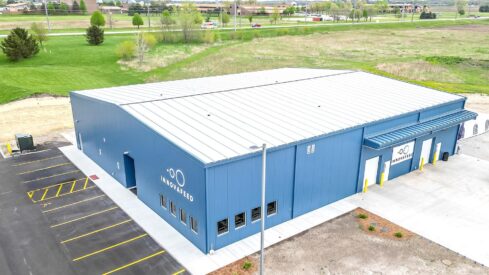Innovafeed secures $11 million from US government

The grant aims to expand the production of organic fertilizers made of insect frass to support regenerative agriculture in the US.
French insect producer Innovafeed has been selected from a pool of 350 applicants to receive a grant from the US Department of Agriculture (USDA) to enhance domestic organic fer…
Did you think it would be this easy? Nope! Just register. It’s free! Lorem ipsum dolor sit amet, consectetur adipiscing elit. Ut cursus turpis vel cursus ullamcorper. Sed ante mi, finibus eget porttitor a, tincidunt ac dolor. Vivamus ornare semper lorem, consequat commodo lectus elementum vitae. Cras id mattis urna. Donec rutrum dignissim lacinia. Duis ultricies sapien at ipsum tincidunt.
Sed in iaculis elit, sit amet convallis felis. Pellentesque non justo lectus. Donec sollicitudin lorem in sapien euismod varius at vitae mi. Maecenas ut elit ac risus consectetur vulputate. Praesent vel orci ante. Curabitur egestas dapibus nisi ac laoreet. Nullam a lacinia libero, non fringilla nisl.
You’re out of free articles,
register for unlimited access
